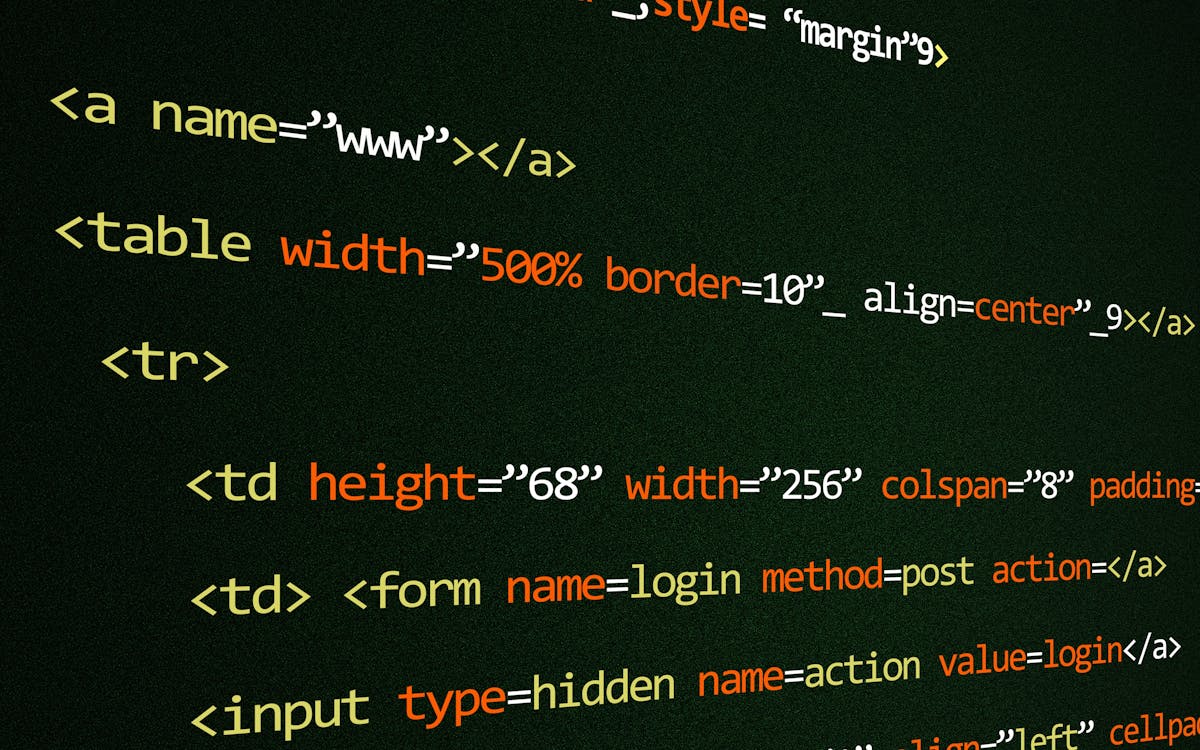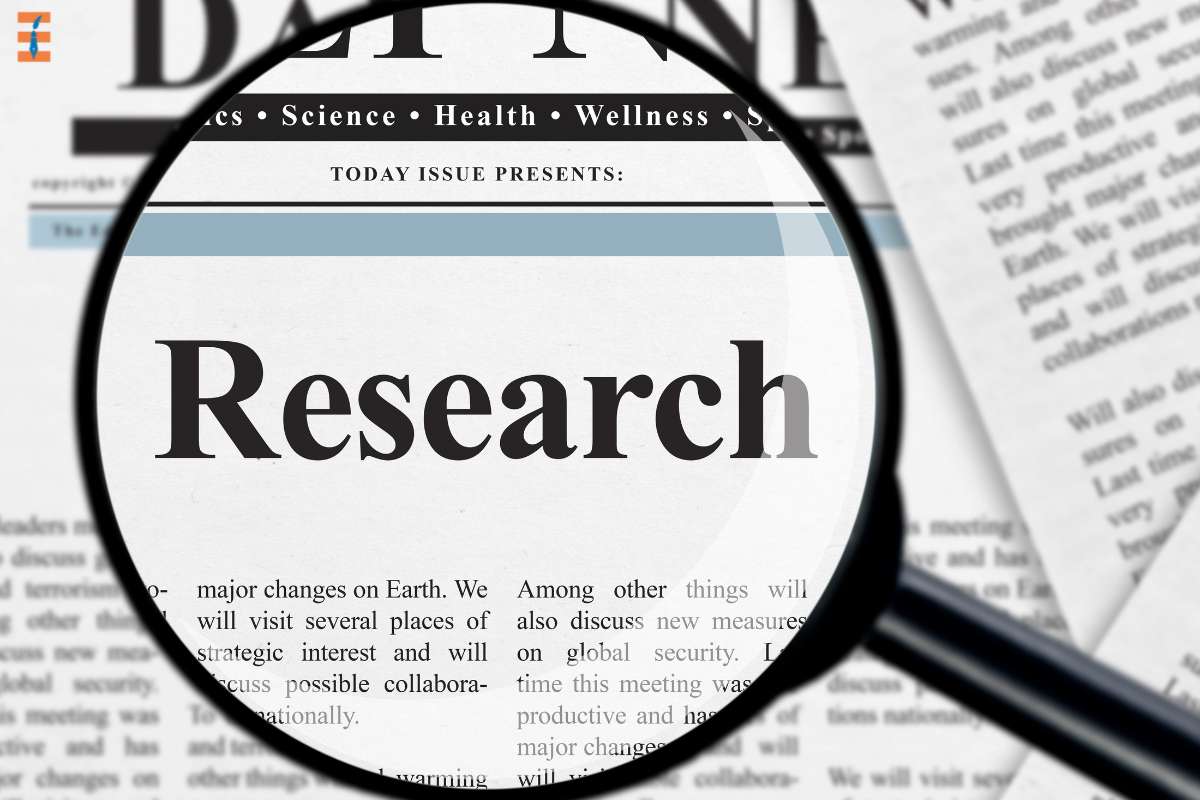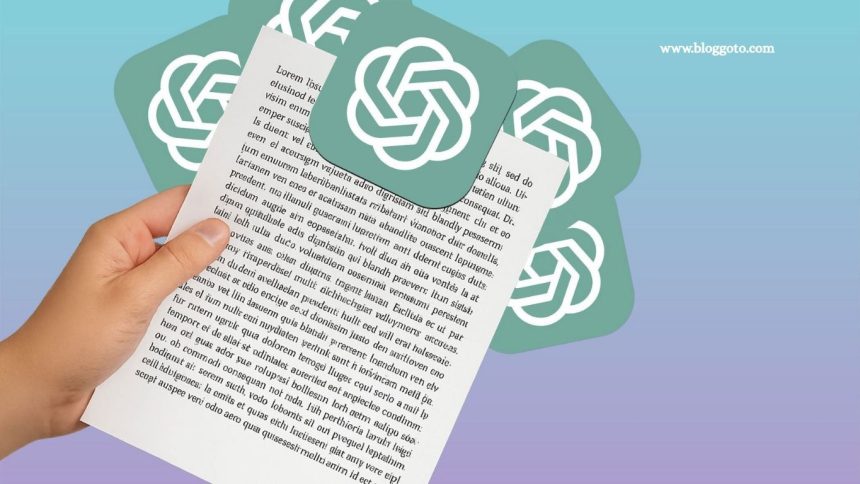ChatGPT offers quick answers to almost any question, making it a convenient go-to tool. Yet, despite its advanced capabilities, it has limitations, and there are critical topics where relying on it isn’t recommended.
Coding

Using ChatGPT for coding has become increasingly common, from hobbyists to cybercriminals crafting malicious scripts. The rise of “vibe coding”—relying on AI instead of professional developers—highlights this trend.
ChatGPT’s coding abilities have improved significantly, and it can now run Python directly in web and mobile apps. It’s great for generating simple code snippets or building basic programs. Experienced developers may find it helpful for speeding up tasks or reviewing familiar code.
Still, beginners should tread carefully. ChatGPT can produce code with errors or logic flaws that may not work as intended. If you’re using it without strong coding skills, always cross-check results using reliable tools or review the code thoroughly to avoid potential issues.
OpenAI’s Codex engineering agent, introduced in May 2025, has the potential to make ChatGPT a more dependable coding assistant. Available in premium versions, this cloud-based, multi-tasking tool is built to generate code for users at any skill level, even those with no coding background.
If you’re using a paid plan, always verify Codex-generated code with an external review tool, as the feature is still new and evolving.
Free users won’t have access to Codex, so relying solely on ChatGPT for complex coding or code reviews isn’t advisable. Since ChatGPT can repeat its own mistakes, it’s best not to use it to audit the code it created. Instead, consider using dedicated AI coding tools better suited for accurate validation.
Read More: I Don’t Trust ChatGPT With—Even Though I Love It
Therapy

AI chatbots like ChatGPT may offer surface-level emotional advice, but they’re no substitute for a real human connection. While it can respond to prompts about topics like loneliness or stress, it isn’t built to navigate the depth of complex emotional issues.
It’s easy to turn to ChatGPT for quick guidance—especially if you’re feeling isolated—since it mimics human conversation well. But despite its vast training data, it lacks genuine empathy and emotional understanding.
For light advice on everyday struggles like procrastination, ChatGPT can be useful. However, when it comes to emotional well-being or mental health support, nothing replaces the care and insight of real people and qualified professionals.
Medical Advice

The classic joke about Googling a headache and being told you have a month to live also applies to AI tools like ChatGPT. While it may offer general health insights, it’s no substitute for a medical professional. ChatGPT lacks the training, experience, and ability to assess physical symptoms necessary for accurate diagnosis.
Although visiting a doctor isn’t always pleasant, it’s essential if you’re facing a health concern. ChatGPT may warn you that it can’t diagnose conditions, yet it often still provides suggestions that can be misleading. Keep in mind, its responses are based on pre-existing internet data—it can’t deliver personalized, informed medical advice. Always consult a qualified healthcare provider.
Legal Advice

Legal matters are often complex and highly nuanced, making AI chatbots like ChatGPT an unreliable source for anything beyond general information. Relying on it for legal advice or interpretation can lead to serious missteps.
While ChatGPT may offer a disclaimer with legal prompts, it’s still important to verify any information it provides. For anything beyond basic legal context, always consult a licensed attorney or qualified legal expert to ensure accuracy and protect your rights.
In-Depth Research

Research can range from quick fact-checking to months of deep analysis. ChatGPT works well for the former but falls short for the latter. It helps answer simple questions or gather general information, but relying on it to draft full reports or essays isn’t recommended.
For light, non-cited research, ChatGPT can be a useful starting point—just be sure to verify the facts elsewhere. Inaccuracies and hallucinations are still possible. For more thorough work, consider using ChatGPT’s Deep Research tool, launched in February 2025, which is better suited for in-depth investigations.
ChatGPT’s Deep Research tool is useful for gathering resources and pulling excerpts from papers or journals. OpenAI claims it can “report at the level of a research analyst,” making it valuable for early-stage research. However, verifying every source, quote, or statistic it provides is still essential. Mistakes can happen, even with advanced tools, so never rely solely on ChatGPT for accuracy. Always fact-check using trusted sources before including AI-generated data in your work.
Financial Predictions

ChatGPT might seem like a smart choice for financial predictions, but it’s not the tool for that job. Whether you’re curious about interest rates, stock prices, or crypto trends, ChatGPT doesn’t analyze real-time data or make independent forecasts. Instead, it pulls information from existing online sources, much like reading a blog or article.
As personal investing grows more popular, so does the demand for financial predictions. While ChatGPT can summarize expert opinions, it also risks spreading outdated or incorrect information, especially if it pulls from unreliable sources. Trusting its output without verifying can lead to poor financial decisions.
ChatGPT excels at light research, brainstorming, and planning. It’s an impressive tool with millions of users, but when it comes to serious investments, always consult verified financial sources or professionals. Use ChatGPT to explore ideas—but don’t mistake it for expert advice.
Frequently Asked Questions
Why shouldn’t I trust ChatGPT for financial predictions?
ChatGPT doesn’t access real-time market data or perform financial analysis. It pulls from existing sources, which may be outdated or inaccurate. For investment decisions, rely on licensed financial professionals.
Is ChatGPT safe to use for emotional advice?
ChatGPT can offer basic support for everyday stress, but it lacks emotional intelligence and empathy. For mental health concerns, it’s best to consult a licensed therapist or counselor.
Can ChatGPT write accurate legal advice?
No. While it can explain general legal concepts, ChatGPT is not a lawyer and shouldn’t be used for legal interpretation, contracts, or decisions. Always seek professional legal counsel.
How reliable is ChatGPT for coding help?
It’s useful for basic code snippets or debugging, especially for experienced developers. However, beginners should be cautious, as the code may contain hidden errors or inefficiencies.
Is ChatGPT good for academic or in-depth research?
ChatGPT is fine for surface-level summaries, but not ideal for scholarly research. It may generate incorrect citations or misrepresent facts, so always verify with trusted academic sources.
Why does ChatGPT make mistakes if it’s so advanced?
ChatGPT is trained on vast data, but it doesn’t “understand” information like humans do. It may generate convincing but inaccurate content, especially in complex or sensitive areas.
Conclusion
ChatGPT is a powerful and versatile tool, but it’s not foolproof. While it excels at tasks like brainstorming, planning, or quick research, it struggles in areas that require expertise, real-time data, or emotional understanding. From financial predictions to legal guidance, relying on ChatGPT without verifying information can lead to serious consequences. Use it as a starting point—not a final authority. Like any tool, its value depends on how wisely you use it.










